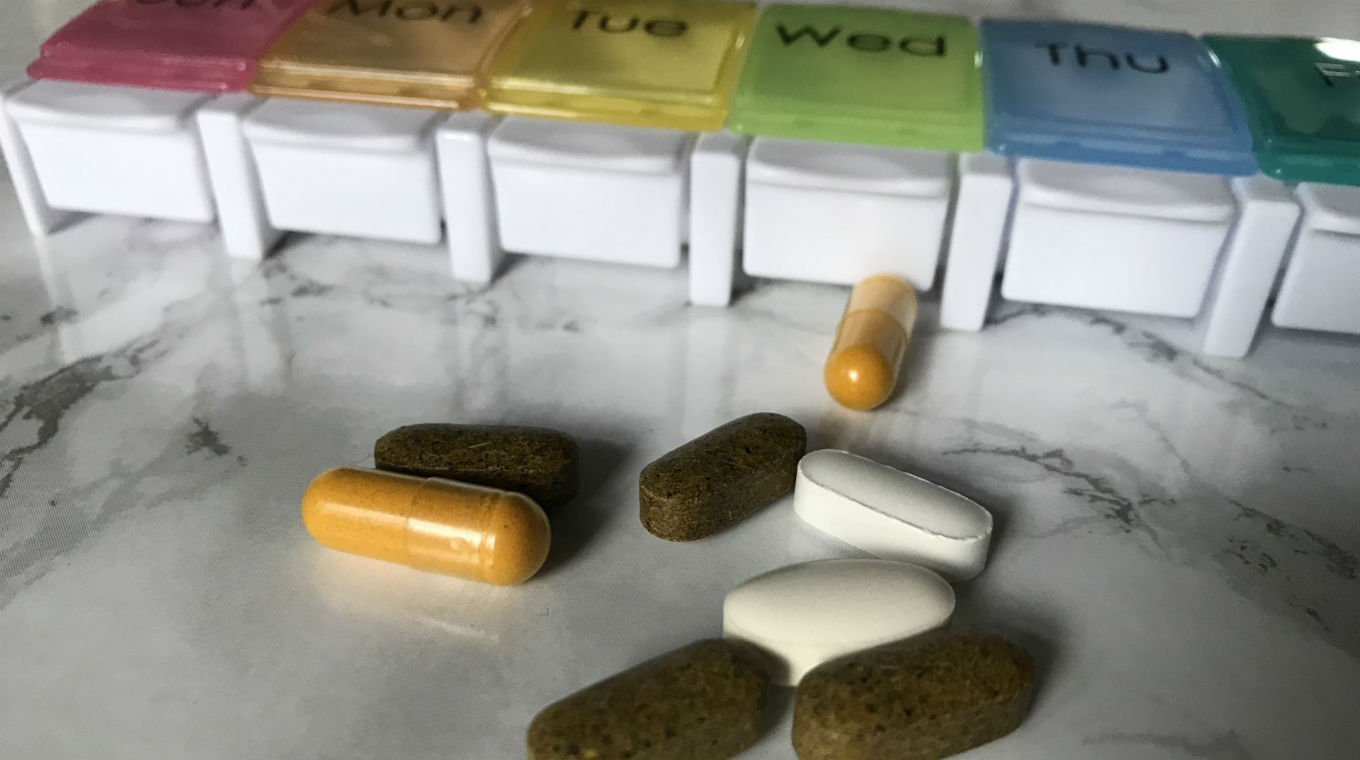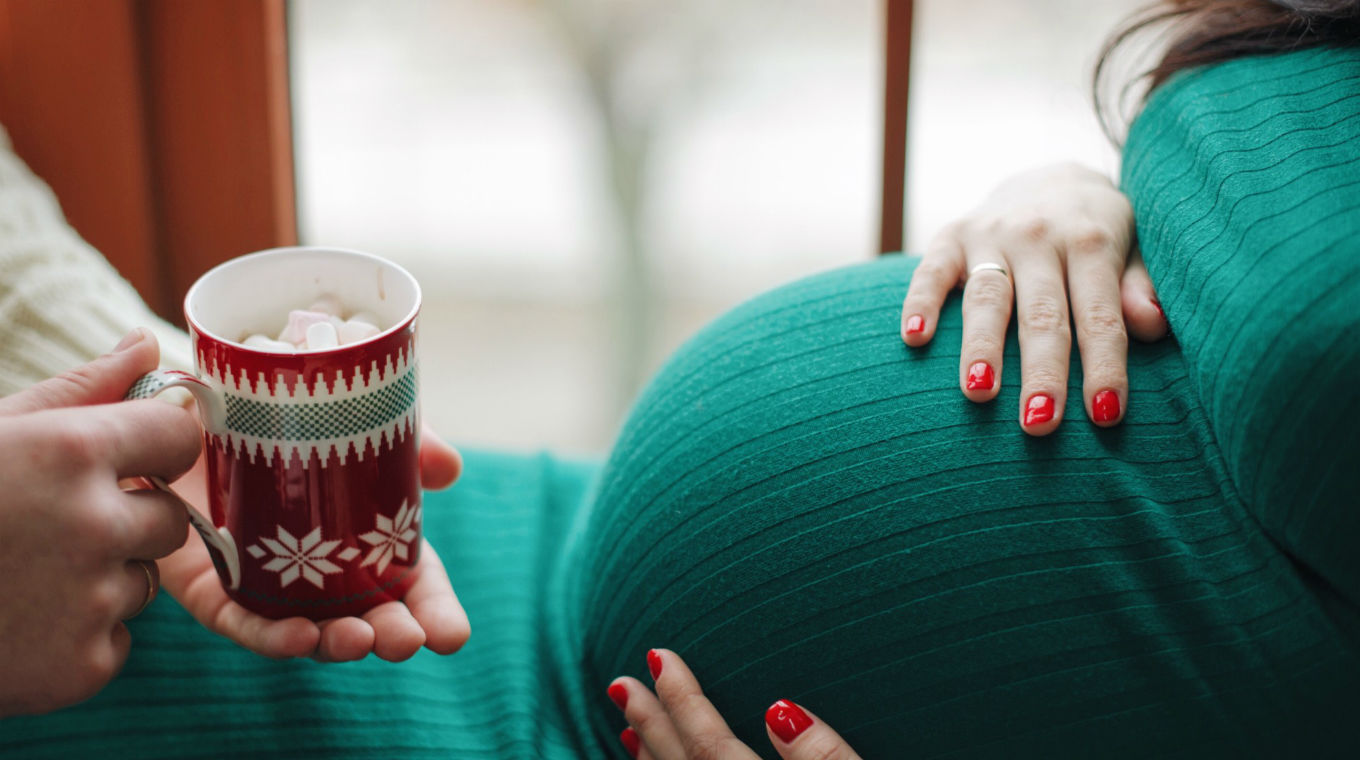
In this article
We all know that one of the first things your doctor will recommend that you do when you find out that you are pregnant is to start taking a prenatal vitamin. But with so many different kinds and types of supplements on the market, what’s the best prenatal vitamin to take?
Are prenatal vitamins really that important?
First of all, you may be wondering if prenatal vitamins are really even that important. The short answer is, yes, prenatal vitamins really are important to take. They are so important to setting up a healthy foundation for your pregnancy that doctors actually recommend that ideally, you begin taking a prenatal vitamin six months before you even begin trying to conceive.
Taking prenatal vitamins during your pregnancy has been associated with better birth weights in babies, lowered risk of anemia in mothers, a reduction in preterm labor, and even better academic success in children up through the age of 12. A more recent 2019 study even found an association between taking a prenatal vitamin and a lowered risk of autism in families who had a high risk of autism spectrum disorder.
That said, however, you should know that not taking a prenatal vitamin will not cause a miscarriage or pregnancy loss. The majority of miscarriages, especially before 8 weeks, are due to chromosomal abnormalities and there is nothing you can do to prevent — or cause — a miscarriage due to a chromosomal abnormality.
So, yes, take your prenatal vitamins, but know that if you miss a day, a week, or even a month of taking vitamins, you will not cause a miscarriage. It may be better to think of taking a prenatal vitamin as supporting the best possible healthy environment for your baby to grow and develop. The No. 1 most important thing you can do for your baby is to eat a healthy diet and lead a healthy lifestyle first.
“A prenatal vitamin is not to replace an unhealthy diet; it's to supplement a healthy diet," registered dietitian Tamara Melton explained to US News.

What if you just can’t stomach prenatal vitamins?
The ironic part about prenatal vitamins is that they are most important during your first trimester of pregnancy, when your baby’s brain is going through tremendous development — but that’s also the time that many women suffer from morning sickness. The thought of taking a prenatal vitamin, or the act of taking it, may make them even more sick. So, it’s definitely a struggle that a lot of pregnant women, myself included, can relate to.
If you are having trouble keeping your vitamins down, it may bring you some comfort to know that the American College of Obstetricians and Gynecologists (ACOG) lists iron and folic acid as being the two key nutrients that women should focus on during their pregnancy.
“A well-rounded diet should supply all of the other vitamins and minerals you need during pregnancy,” ACOG states. So, if all else fails, focus on getting at least 600 micrograms of folic acid from both food and vitamin sources, and 27 milligrams of iron every single day. The ACOG also recommends that pregnant women should aim for 1,300 milligrams of calcium and 600 international units of vitamin D per day too.
You could also try some tips from real-life moms who have also struggled with keeping down their prenatal vitamins:
- “Cut it in half and take them at different times of the day,” recommends Dani F. Bertucci.
- “Take them right before you go to bed,” advises Nicolette Parker. “They used to make me nauseous!”
- “Always take it a right after you eat a big meal,” suggests Jacki Saunsoci.

What’s the best prenatal vitamin to take?
ACOG does not recommend one type of prenatal vitamin brand over any other, so in general, it’s best to go with the type of prenatal vitamin your doctor prescribes to you during your pregnancy. Your doctor may be able to tailor your prenatal vitamin prescription based on any of your own specific medical history, or a history with any previous pregnancies.
In general, the Mayo Clinic recommends that you look for a prenatal vitamin that includes:
- Folic acid
- Calcium
- Iron
- Vitamin D
When should you stop taking prenatal vitamins?
Along with taking prenatal vitamins all throughout your pregnancy, you may be surprised to hear that you should also continue to take them after the baby is born. Especially if you are breastfeeding, the postpartum time is a time when your body will get very depleted and go through a lot of drastic changes in a short amount of time, so you can help nourish it through recovery by continuing your prenatal vitamins.
And let’s be honest: Most of us need all the help we can get staying healthy ourselves when all of our attention and focus is on the baby.
"In those hectic first few weeks with a newborn, many moms don't eat as healthfully as they would like to," Melton added.




